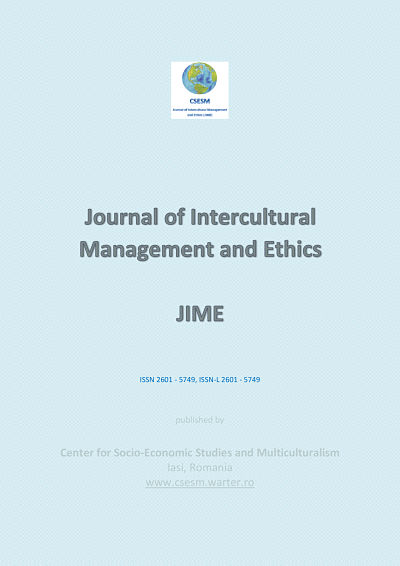Counting on Creativity (Cultural Contexts of Knowledge)
Counting on Creativity (Cultural Contexts of Knowledge)
Author(s): Sławomir MagalaSubject(s): Social Sciences, Sociology
Published by: Center for Socio-Economic Studies and Multiculturalism
Keywords: creativity;paradigms;communities;knowledge; strategic action fields;
Summary/Abstract: What we know changes. So do our reality checks and dreams. Knowledges and mythologies - both change in spite of claims to universality. Changes influence different contexts, reshuffle distributed agents and observers, generate events which can be real, virtual or in-between. Contexts change. It’s not only that times they are a-changing. We change as well as times and spaces or more. Knowledge evolves, space curves, time loops, and so do the social and cultural contexts of knowledge. Those who teach – change, but so do those who are taught, not to mention that which is being taught, learned and applied, forgotten, modified or rejected. Knowledge blows libraries up, disappears into clouds, rains on happy users. Attempts of the philosophers of science to account for transformative mutability did not end with the evolutionary epistemology of conjectures and refutations. The most important contribution to our understanding of creativity is the discovery of tacit methodologies in communities of thinking by the Polish microbiologist and a medical researcher, Ludwik Fleck. This contribution to our understanding how we grow knowledge has been translated from Polish German (Fleck, 1979) into American English (Kuhn, 1970) and smuggled into philosophy of science in order to explain evolving knowledge. The smuggler, Thomas Kuhn, relabeled it as “paradigm” and shipped it in a container marked as a “structure of scientific revolutions” to global academic and political communities. The container is still being unloaded in all branches of academic research destinations and in media folklore, where paradigms replaced archetypes as master keys to fast intellectual food. In social sciences and in the humanities researchers catering to intellectual haute cuisine tease out the dialectics of entropy and creativity.
Journal: Journal of Intercultural Management and Ethics
- Issue Year: 1/2018
- Issue No: 4
- Page Range: 7-11
- Page Count: 5
- Language: English

